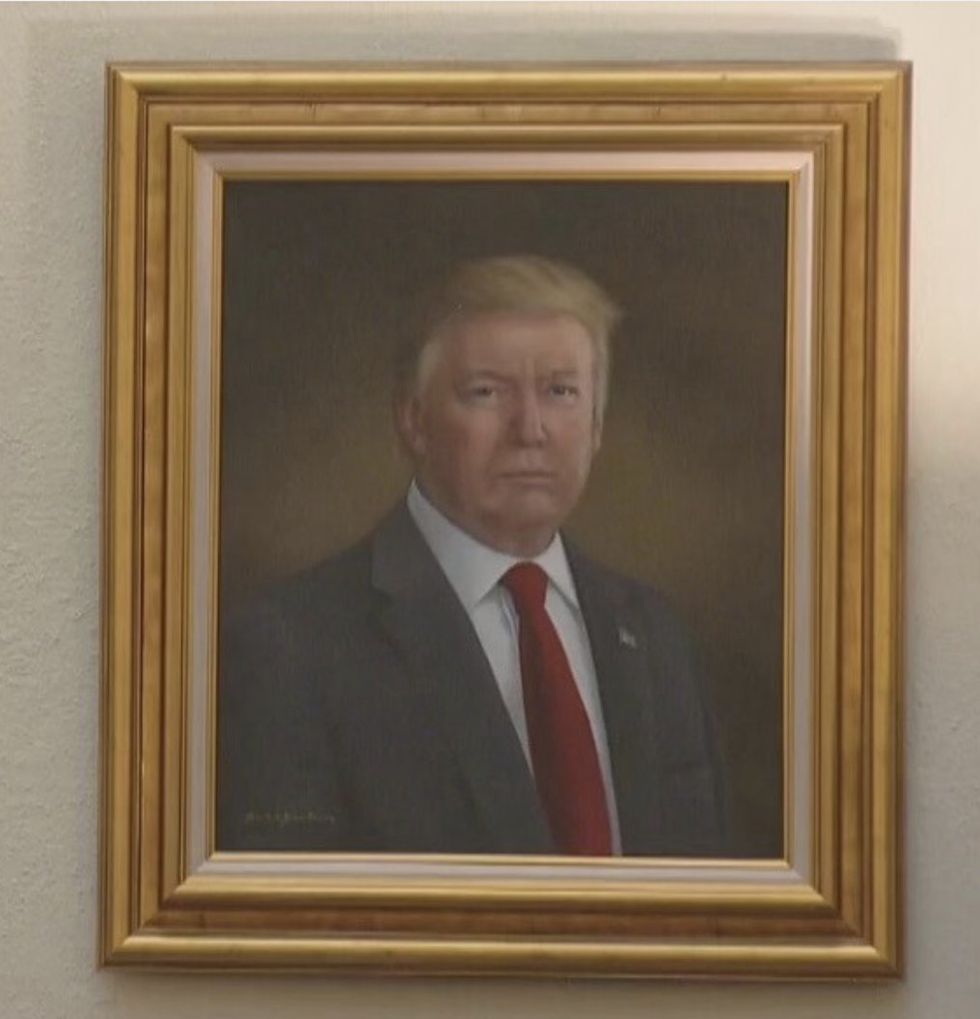The internet is demanding accountability and the FBI is investigating after video surfaced of a Minneapolis police officer kneeling on the neck of a black man who later died.
In the video, captured on Monday, May 25, an officer kneels on a black man's neck while another stands nearby looking towards bystanders.
The handcuffed man can be heard repeatedly telling the officers:
"Please man, I can't breathe...I cannot breathe. I cannot breathe."
The officer continues to kneel on the man's neck as onlookers scream for him to stop.
Before long, the man's eyes close and he becomes unresponsive. After many minutes had passed, officers called for an ambulance.
The man, identified on Twitter as George Floyd, was declared dead shortly after reaching the hospital.
The police issued a statement saying they were responding to a "forgery in progress" and that the man "appeared intoxicated" and "physically resisted" arrest.
They also note, without mentioning the officer kneeling on the suspect's neck:
"Officers were able to get the suspect into handcuffs and noted he appeared to be suffering medical distress."
Minneapolis Mayor Jacob Frey described the encounter as "wrong on every level," and called for consequences, saying:
"He should not have died. What we saw was horrible, completely and utterly messed up. ... Whatever the investigation reveals, it does not change the simple truth that he should be with us this morning."
"Being Black in America should not be a death sentence. When you hear someone calling for help, you are supposed to help. This officer failed in the most basic human sense."
Frey also offered his tentative support for a protest taking place at the location of the man's death.
He strongly encouraged anyone attending to practice social distancing and wear PPE.
The Minnesota Bureau of Criminal Apprehension and FBI are both investigating the widely-circulated video.
Both officers' body cameras also captured the incident and will be included in the inquiry.
In the meantime, both officers have been placed on paid administrative leave.
Their names have not been released, though the public continues to call for increased scrutiny of deaths of people of color while in police custody such as this one.



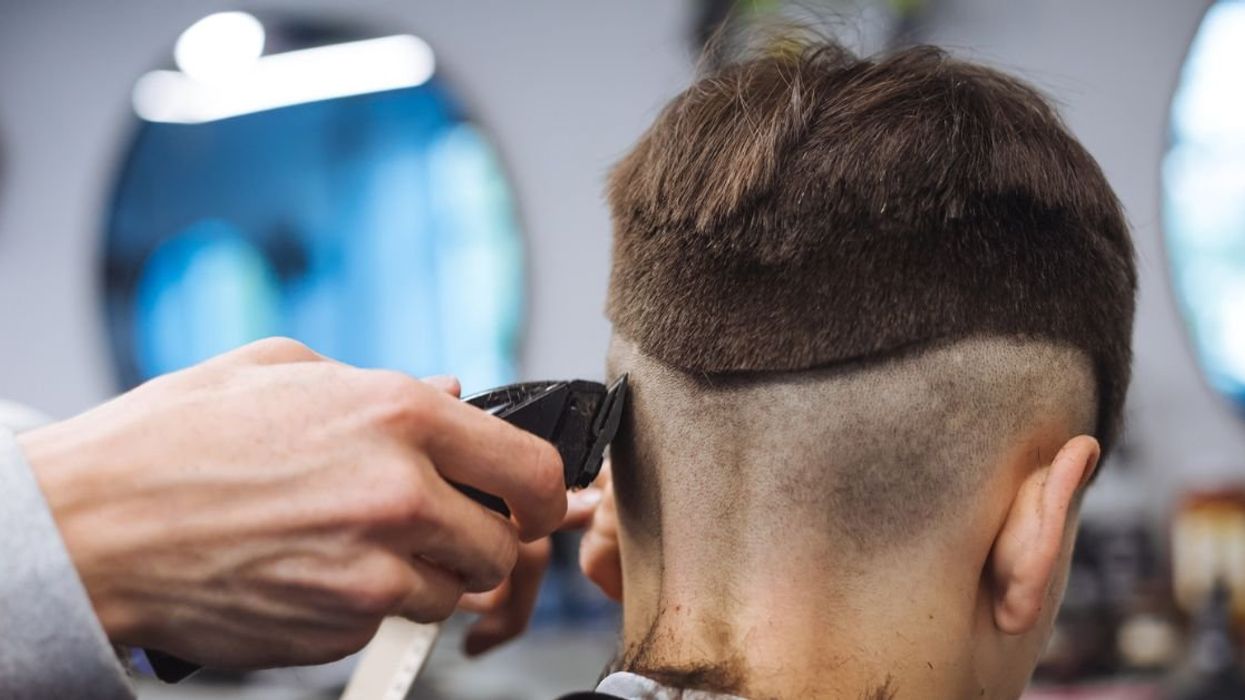
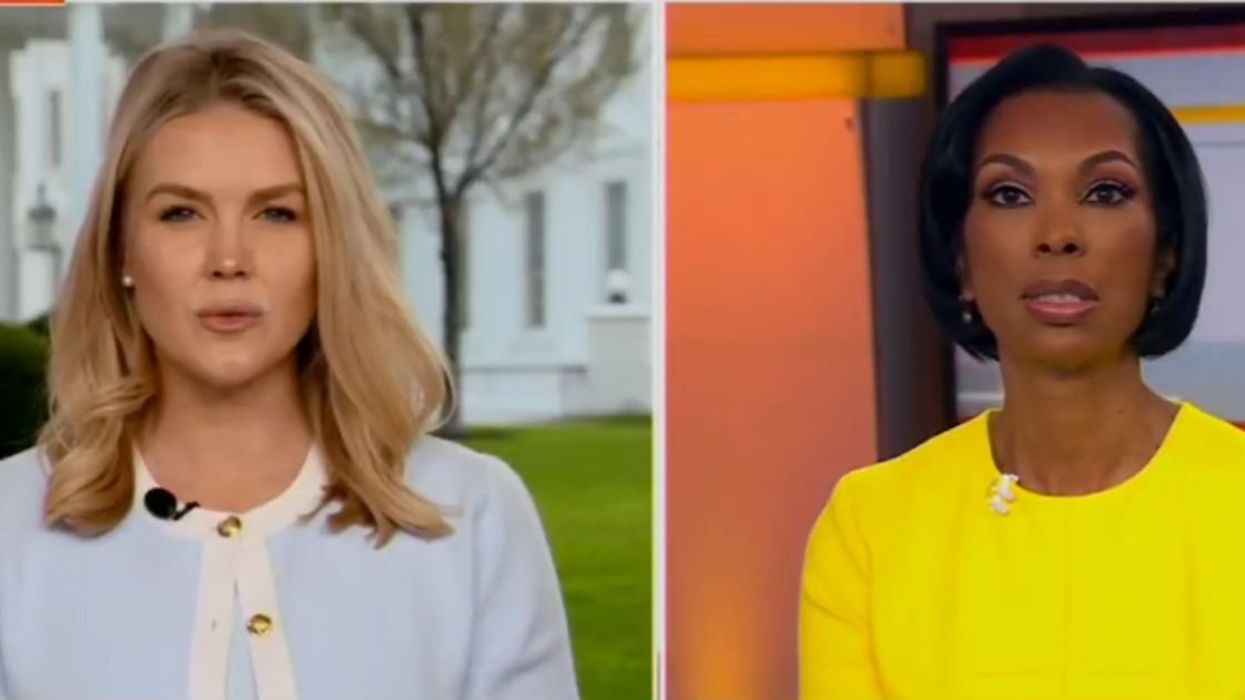

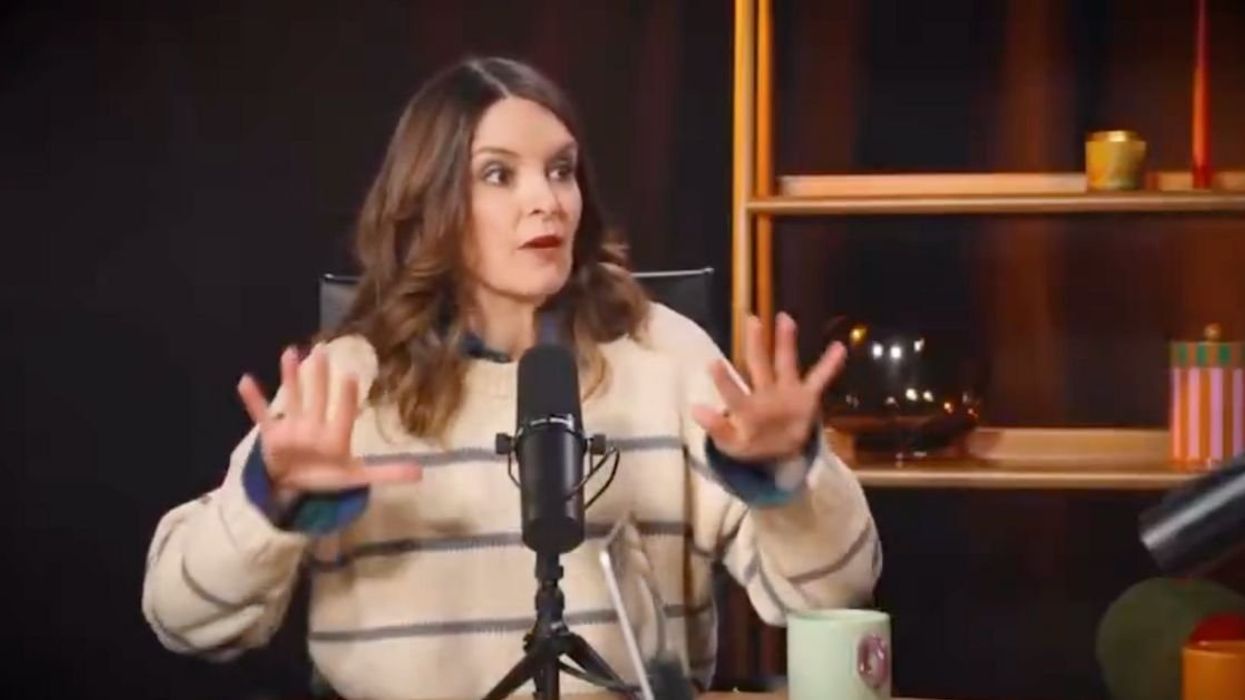
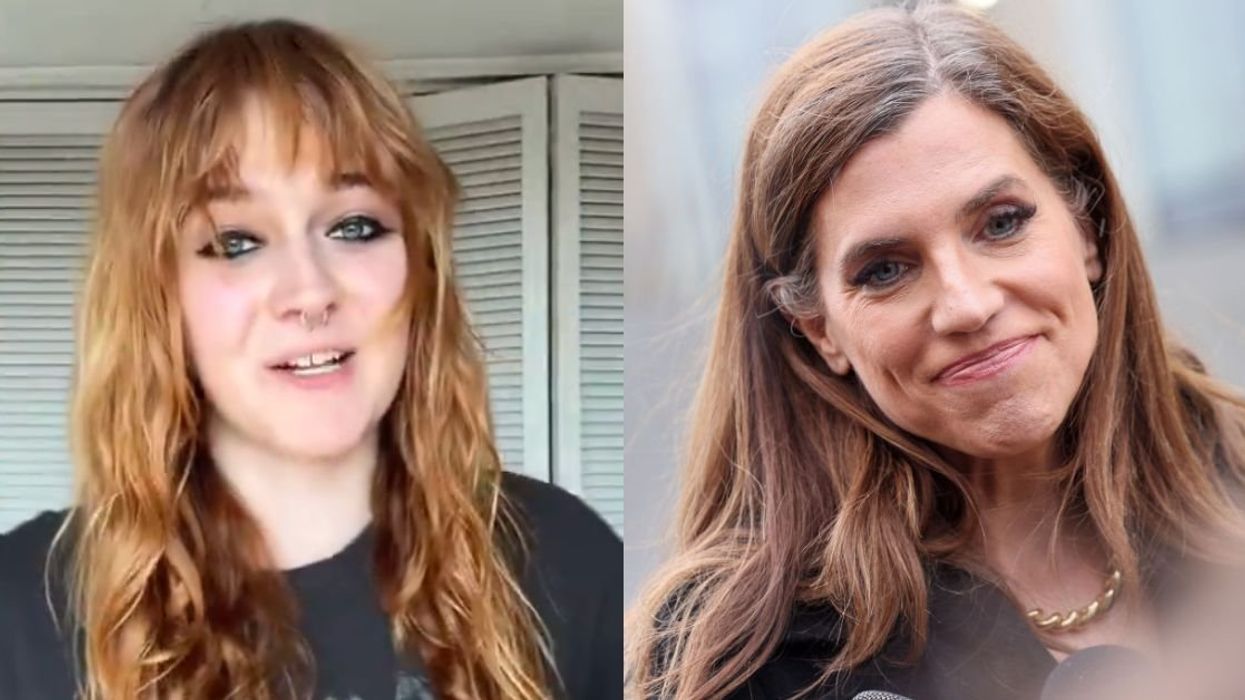
 @bottleneckloser/Instagram
@bottleneckloser/Instagram @bottleneckloser/Instagram
@bottleneckloser/Instagram @bottleneckloser/Instagram
@bottleneckloser/Instagram @bottleneckloser/Instagram
@bottleneckloser/Instagram @bottleneckloser/Instagram
@bottleneckloser/Instagram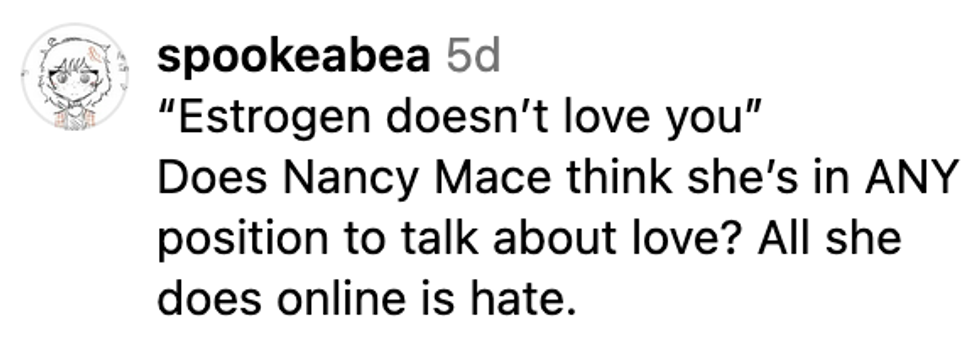 @bottleneckloser/Instagram
@bottleneckloser/Instagram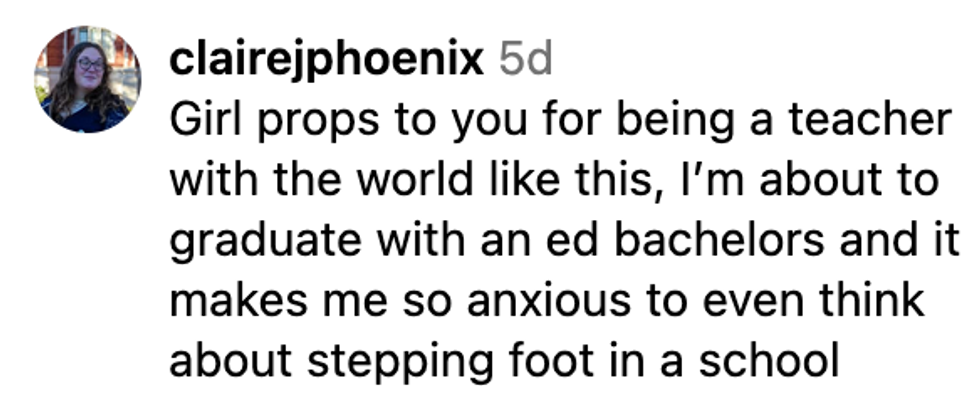 @bottleneckloser/Instagram
@bottleneckloser/Instagram @bottleneckloser/Instagram
@bottleneckloser/Instagram @bottleneckloser/Instagram
@bottleneckloser/Instagram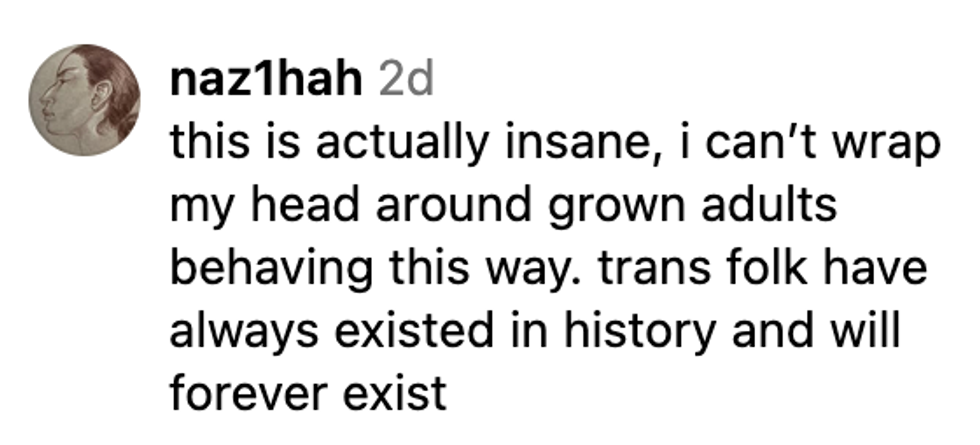 @bottleneckloser/Instagram
@bottleneckloser/Instagram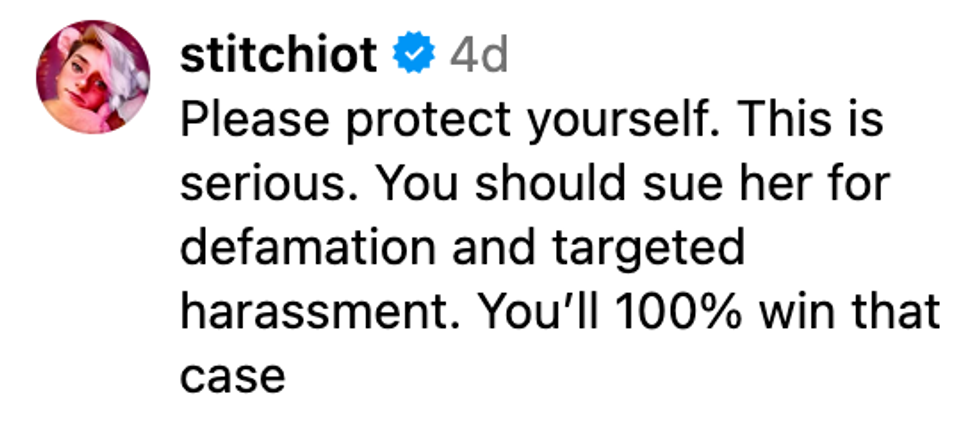 @bottleneckloser/Instagram
@bottleneckloser/Instagram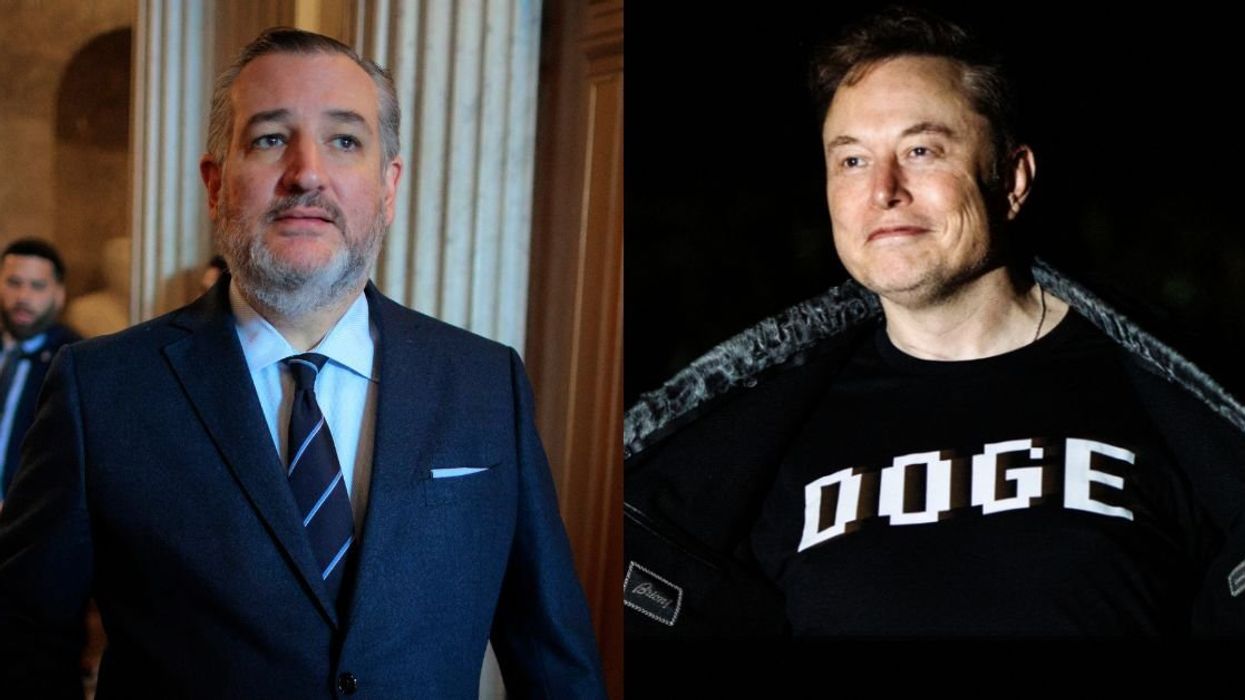
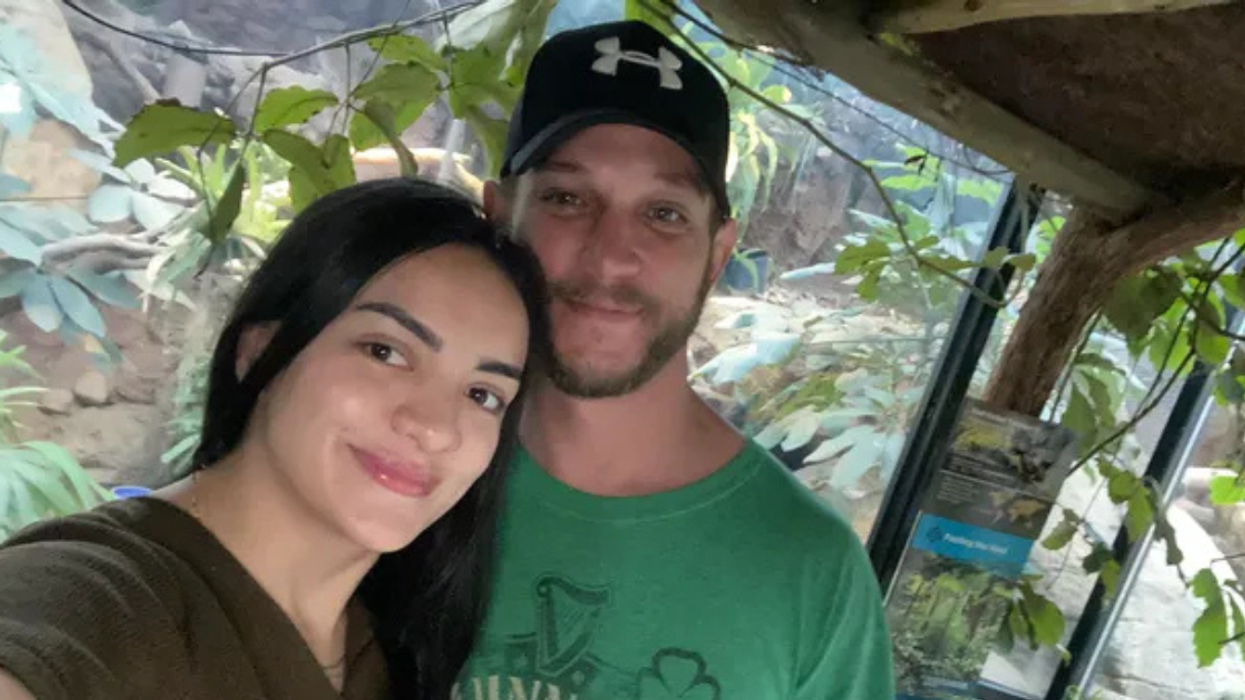
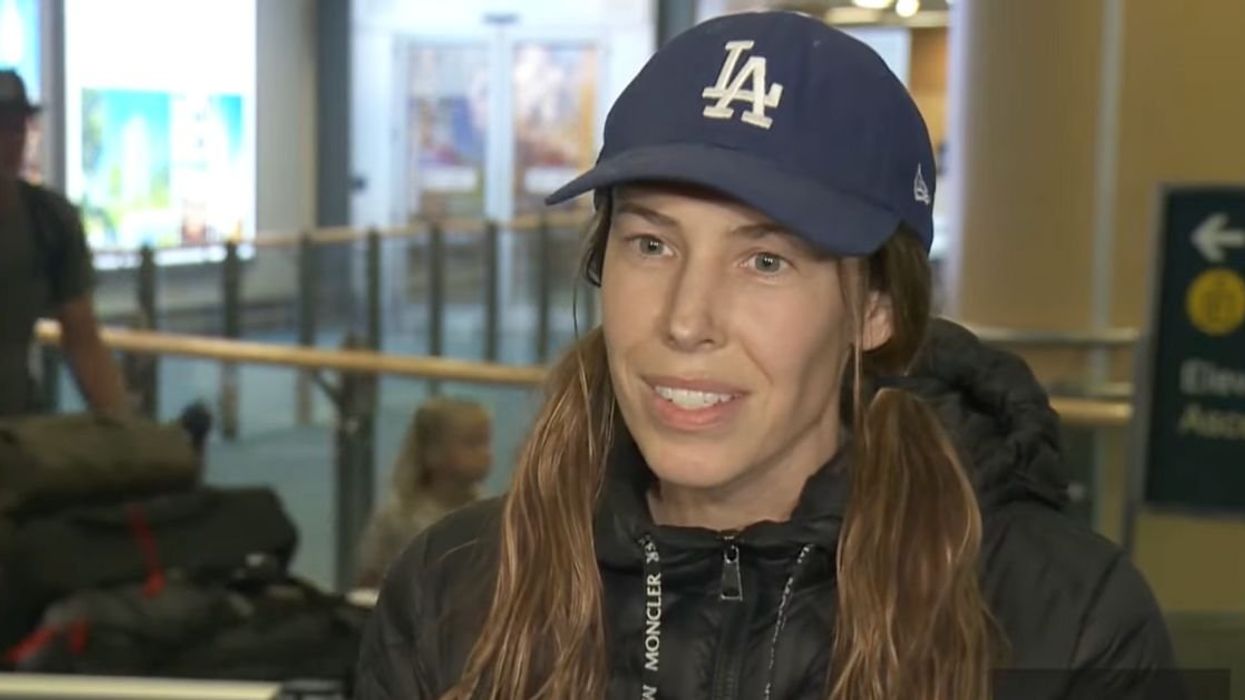
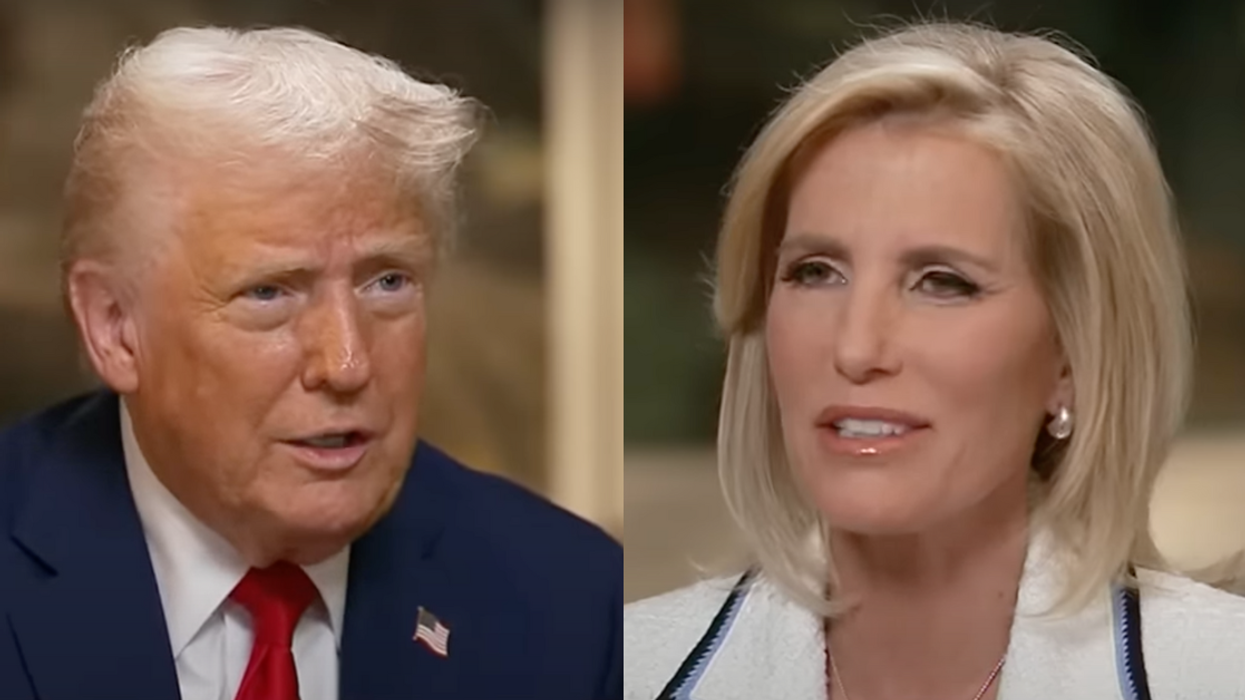
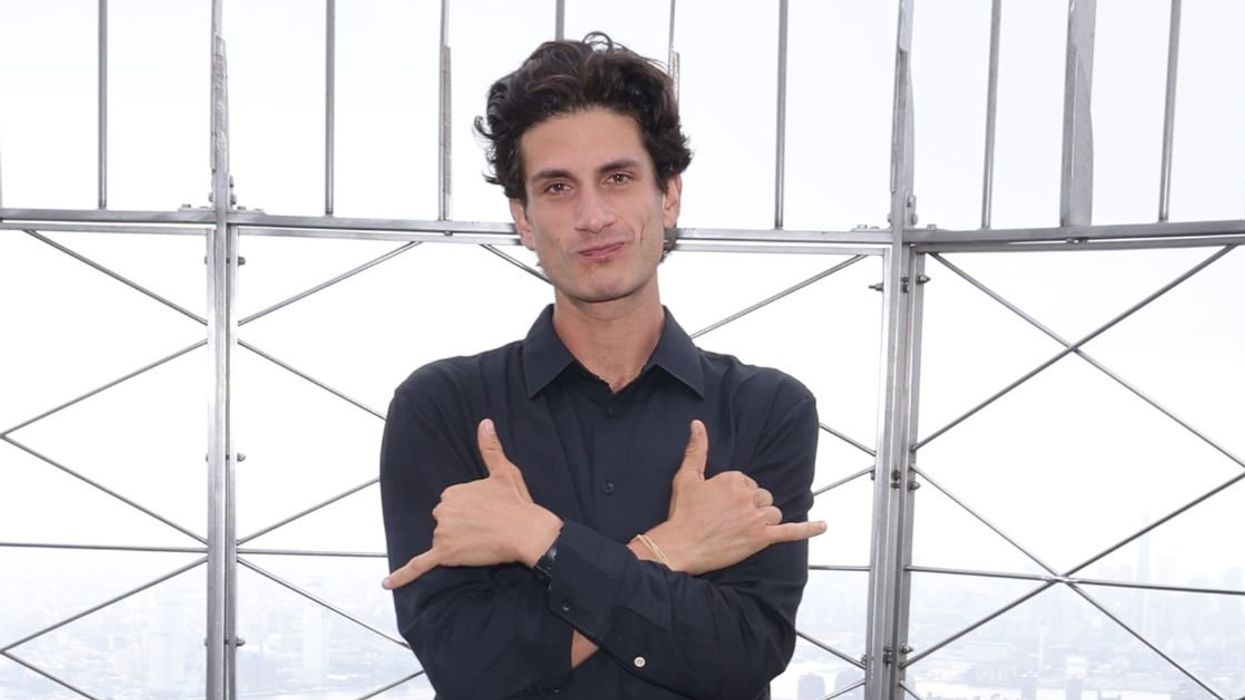

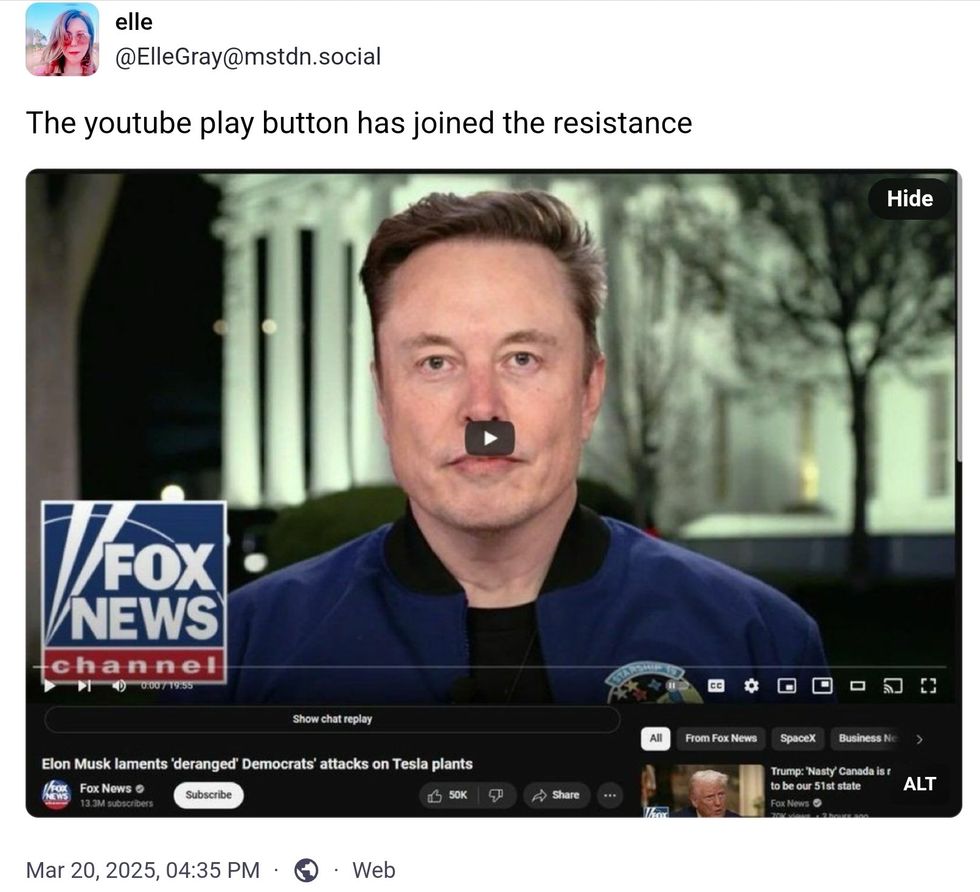 @ElleGray/Mastodon
@ElleGray/Mastodon rEnoughMuskSpam/Reddit
rEnoughMuskSpam/Reddit rEnoughMuskSpam/Reddit
rEnoughMuskSpam/Reddit rEnoughMuskSpam/Reddit
rEnoughMuskSpam/Reddit rEnoughMuskSpam/Reddit
rEnoughMuskSpam/Reddit rEnoughMuskSpam/Reddit
rEnoughMuskSpam/Reddit @Angelica_Reed1/X
@Angelica_Reed1/X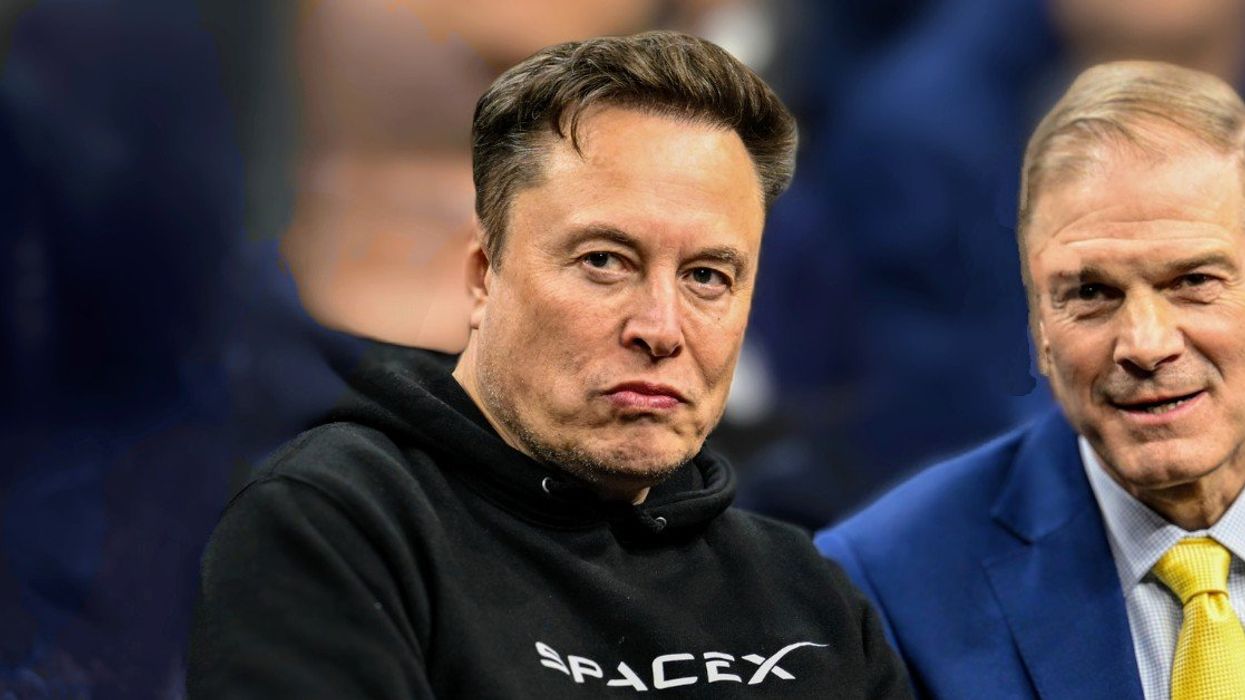
 @fred_guttenberg/X
@fred_guttenberg/X @MAGALieDetector/X
@MAGALieDetector/X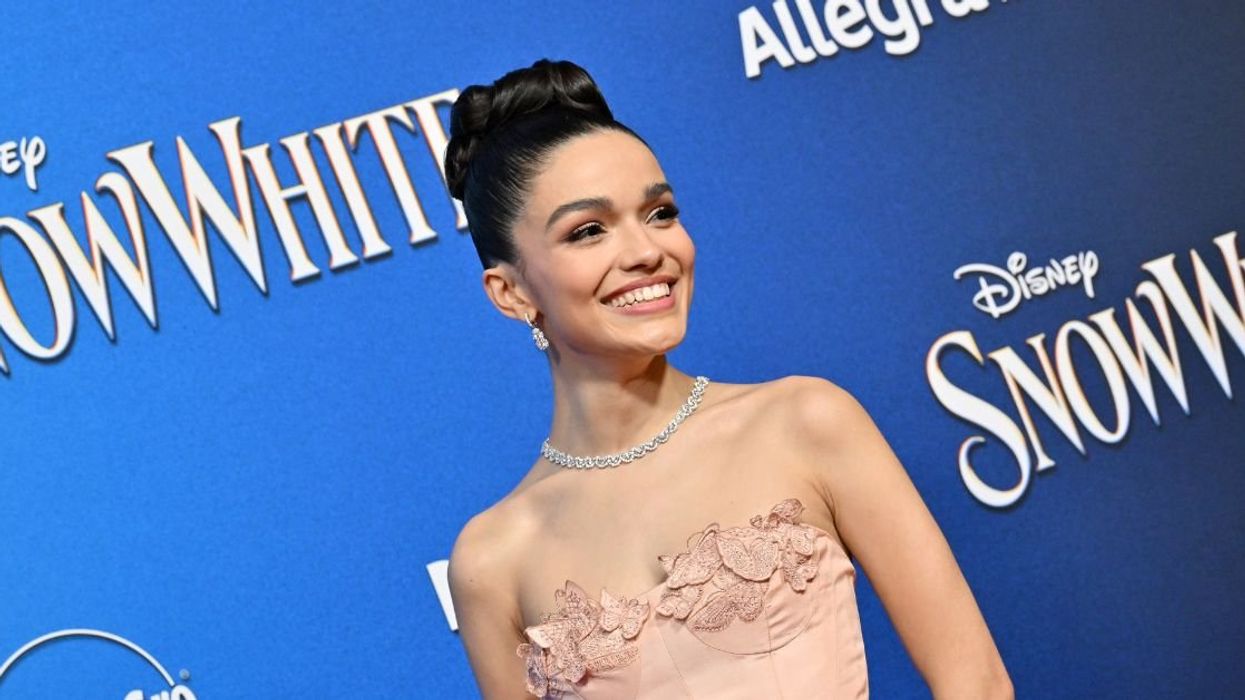
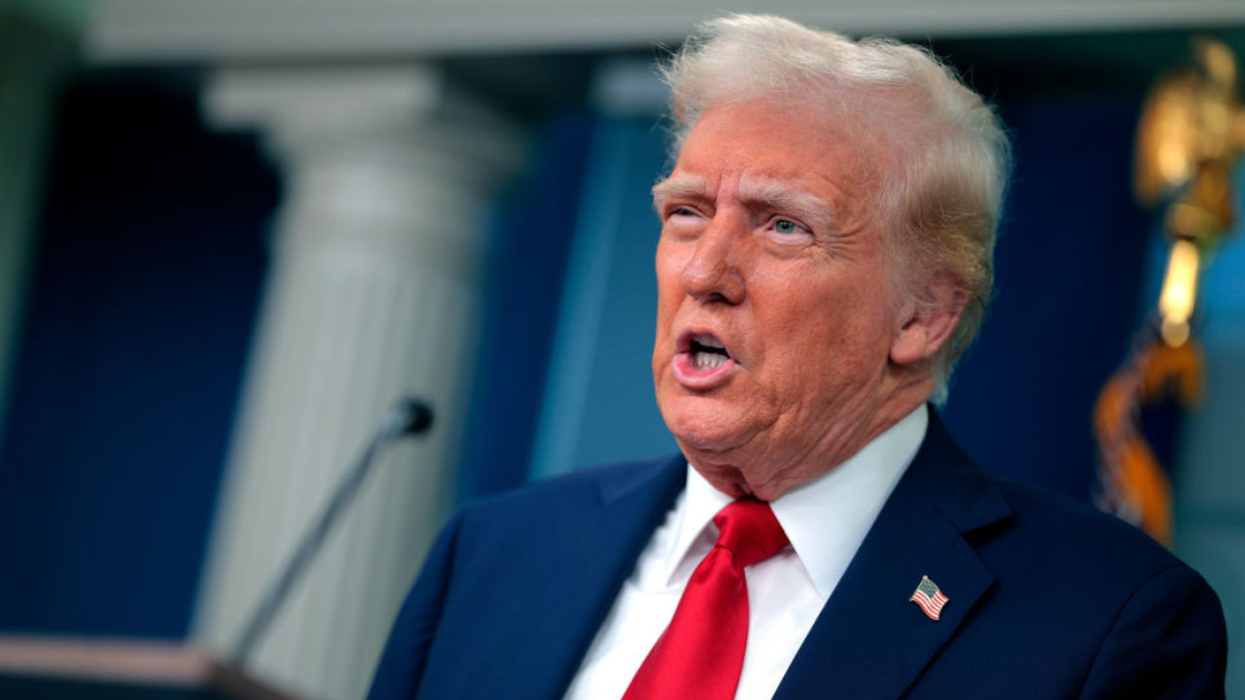
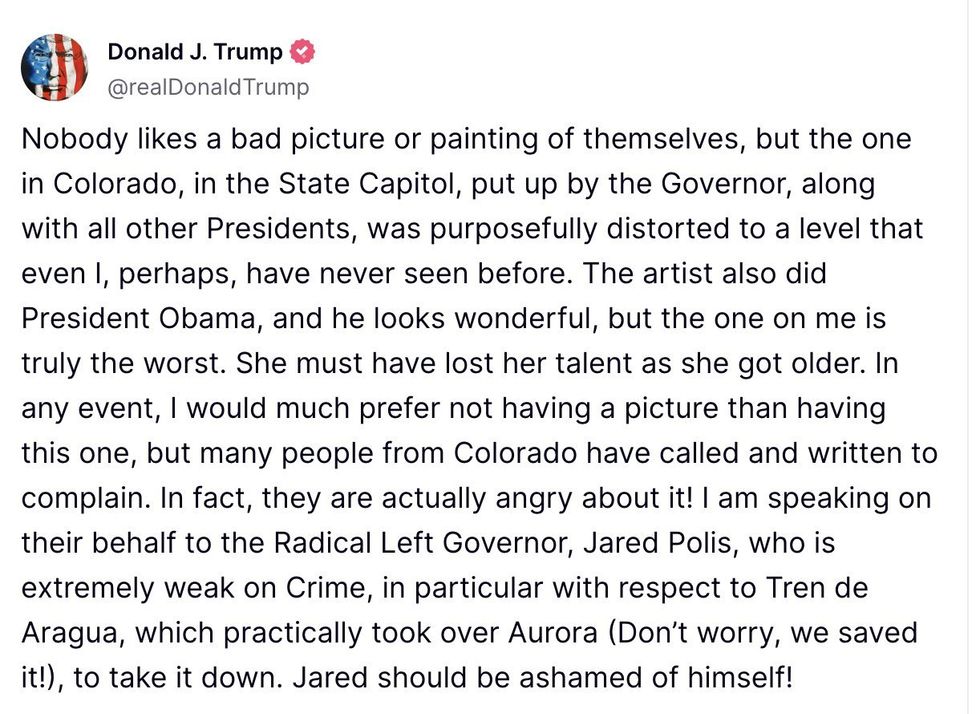 @realDonaldTrump/Truth Social
@realDonaldTrump/Truth Social